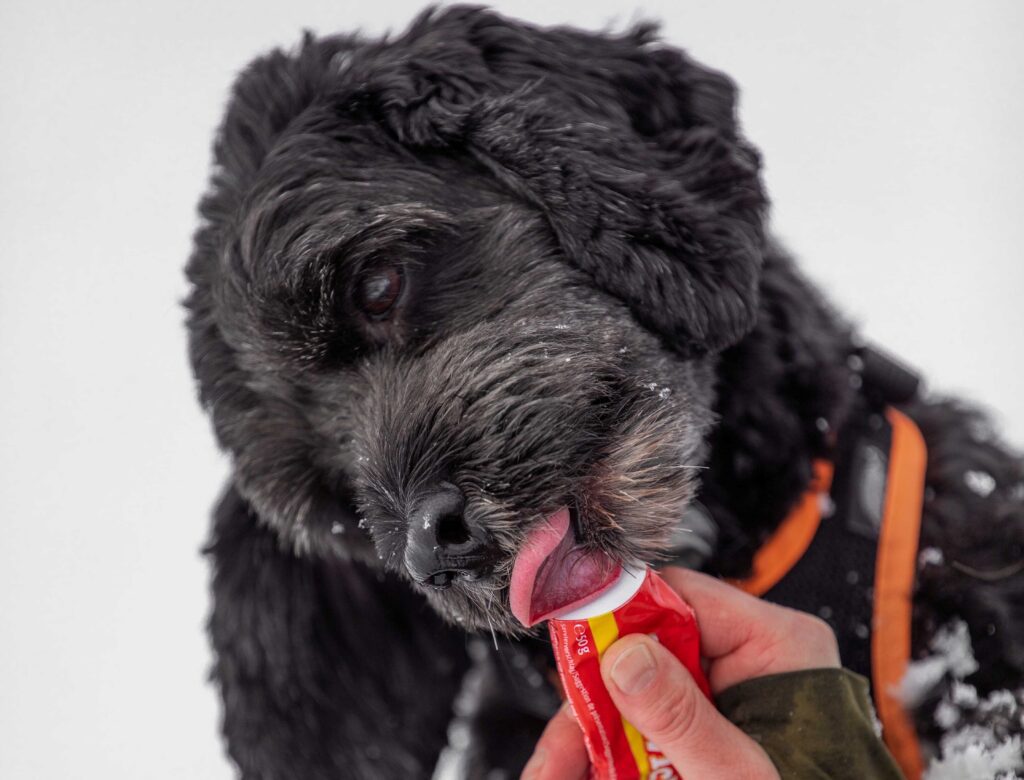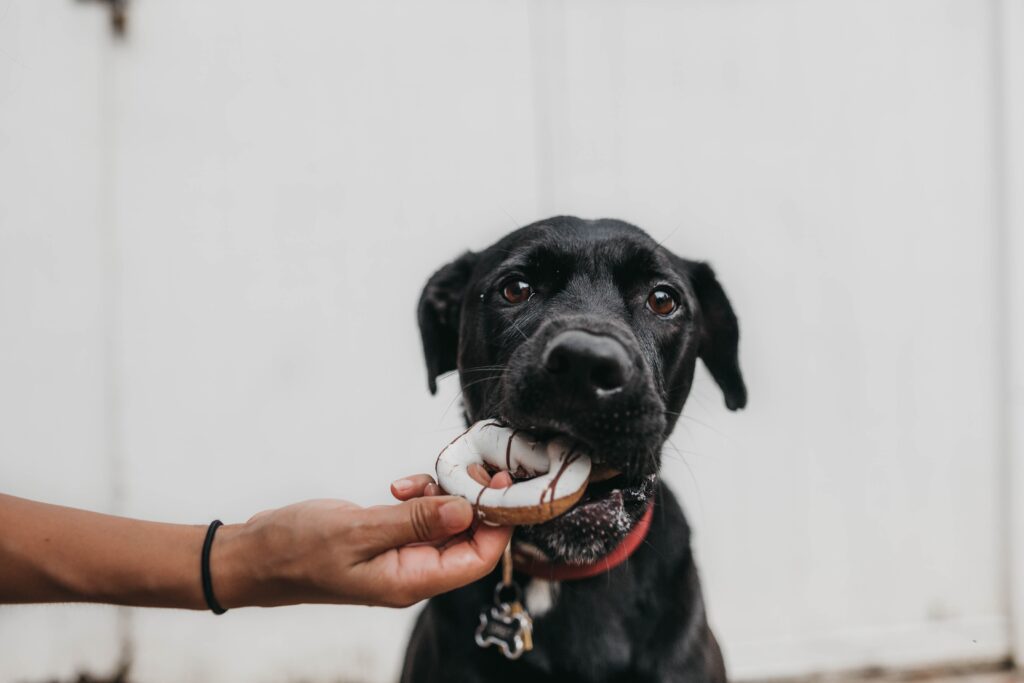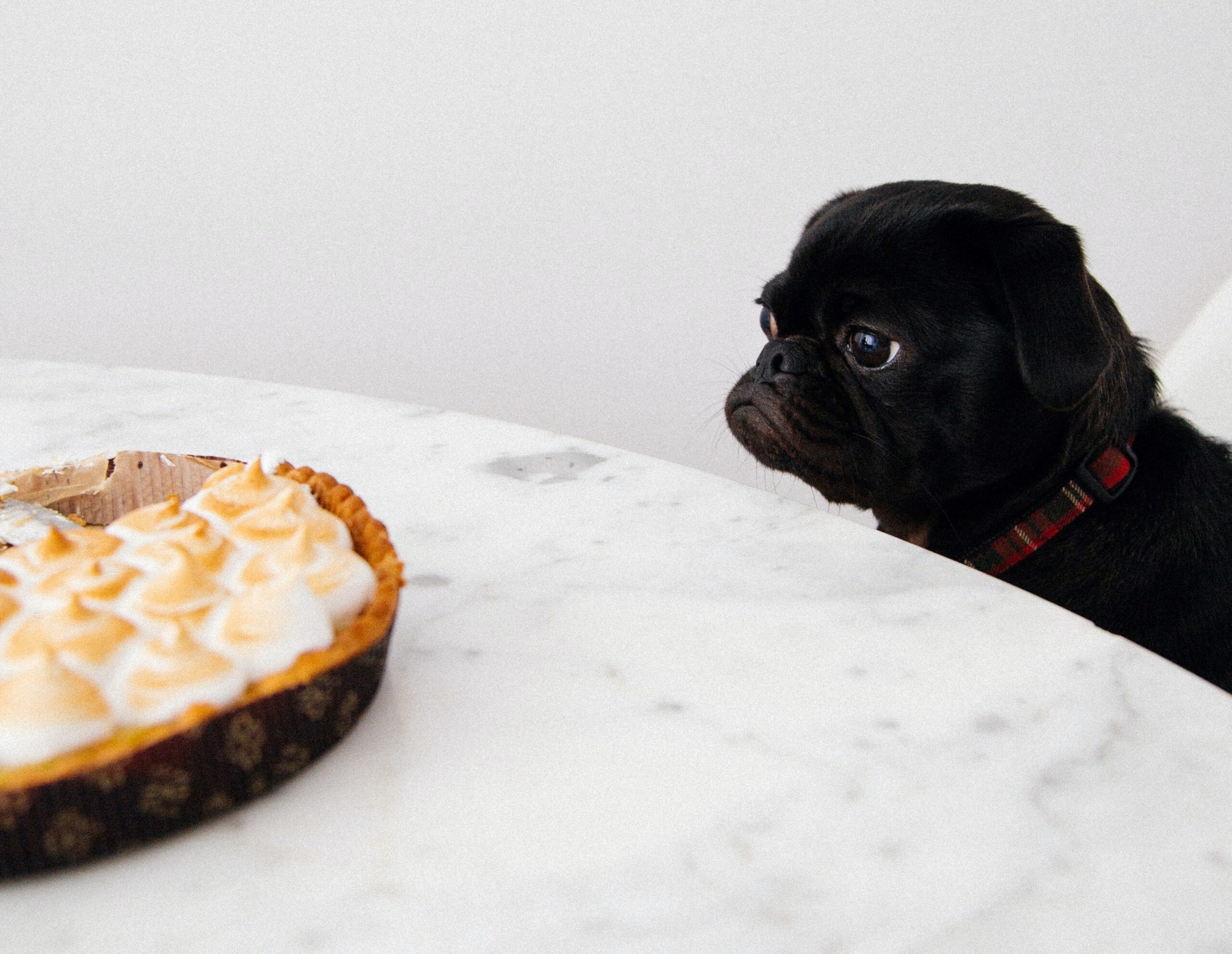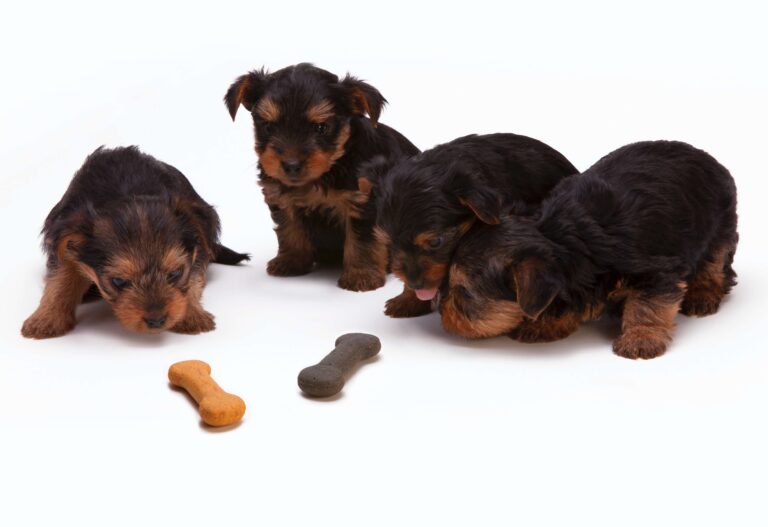5 Foods to NEVER Feed Your Dog
It’s common to want to spoil our dogs by offering them treats or leftovers, but not all human foods are safe for our four-legged friends. Some can even be toxic and cause significant harm to their health.
To ensure the health and happiness of our dogs, it’s essential to understand the basics of canine nutrition and recognize which foods should never be part of their diet. This article will provide you with a list of 11 dangerous foods to keep your dog safe and healthy.
Chocolate

A cheeky bar of chocolate is a tasty treat for us but can be potentially fatal for your dog. Chocolate contains Theobromine – a stimulant like caffeine that can cause vomiting, diarrhea, seizures, and even death in as little as four hours if they eat enough. You can purchase doggy chocolate from pet stores that do not contain Theobromine.
Grapes and Raisins
These fruits may be a sweet treat enjoyed with lunch; however, they are toxic to dogs. Scientists have not yet discovered which part of the fruit contains the toxin, so even seedless or skinless grapes and raisins should be avoided should avoid even seedless or skinless grapes and raisins. One grape may cause no harm, but more than this can lead to diarrhea, vomiting, lethargy, and even more serious complications. If you see your dog eat grapes or raisins, keep an eye on them for 24 hours.
Onions and Garlic
These vegetables and herbs are toxic to dogs, causing severe stomach and intestinal irritation. If left untreated or ingested in large quantities, the toxins can damage red blood cells and cause anemia. The effects of the toxin may not show until a day or two after your dog eats the food. Many table sauces and gravies contain onion and garlic, so you should refrain from giving food cooked in these to your dog.
Caffeine

Caffeine is a stimulant, and the effects it causes are exaggerated in dogs compared to humans. The symptoms are similar to ingesting chocolate; digestive distress, vomiting, diarrhea, hyperactivity and restlessness, excessive panting, heavy breathing, and seizures.
Yeast Dough
Baking bread or other baked products that require yeast dough are very dangerous for dogs to eat. The internal body temperature will activate the yeast and cause the dough to start expanding. This can be incredibly painful for your dog and can easily lead to a blockage. The gases released may also cause Bloat (Gastric Dilatation Volvulus), forcing the stomach to twist and cut off the blood supply.
Avocados
Avocados contain persin, which can cause vomiting and diarrhea in dogs. While the flesh of the avocado is generally safe for dogs, the pit and skin can be harmful if ingested. To keep your dog safe, keep avocados out of reach.
Alcohol

Alcohol can be toxic to dogs, leading to vomiting, diarrhea, decreased coordination, difficulty breathing, and even death in severe cases. If your dog consumes alcohol, it’s essential to seek veterinary care immediately.
Xylitol
Xylitol is a sugar substitute commonly found in sugar-free gum and other products. It can cause a rapid insulin release in dogs, leading to hypoglycemia (low blood sugar). Symptoms of xylitol poisoning in dogs include vomiting, loss of coordination, seizures, and liver failure. If you suspect your dog has consumed xylitol, it’s essential to seek veterinary care immediately.
Cooked Bones
Cooked bones can splinter and cause blockages or tears in a dog’s digestive tract. Symptoms of cooked bone ingestion in dogs include vomiting, diarrhea, abdominal pain, and decreased appetite. To keep your dog safe, feed them raw bones or specially designed chew toys.
Macadamia Nuts
Macadamia nuts contain compounds that can cause vomiting, diarrhea, and muscle tremors in dogs. If your dog consumes macadamia nuts, it’s essential to seek veterinary care.
Fatty Foods

High-fat foods can cause pancreatitis in dogs, leading to abdominal pain, vomiting, and diarrhea. To keep your dog healthy, incorporate lean proteins and healthy fats into their diet and avoid feeding them fatty foods.
Final Thoughts
If you suspect your dog has eaten any of these foods, even in small quantities, it is best to contact your veterinarian and seek advice. In small amounts, the best response is to monitor your dog carefully for 24 hours and go to the vet if symptoms persist or get worse.
Small breed dogs may suffer symptoms from eating smaller portions than a larger breed dogs. Puppies and elderly dogs risk experiencing more severe symptoms or a quicker onset of symptoms due to their reduced immune response. If in doubt, go straight to your vet.
You cannot feed table scraps as an occasional treat as long as you know what is in the food and it has not been cooked with harmful ingredients.
You may also like
How to Give Your Dog the Best Diet?


